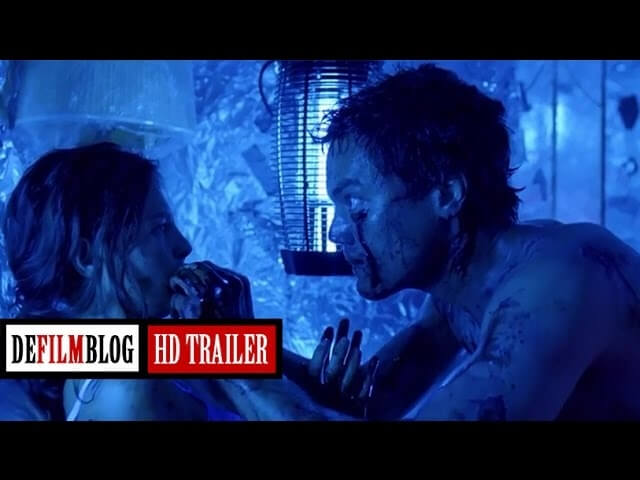This Michael Shannon and Ashley Judd thriller gets so intense you have to laugh
Film Features Watch This
Watch This offers movie recommendations inspired by new releases or premieres, or occasionally our own inscrutable whims. This week: A new adaptation of Chekhov’s The Seagull has us thinking back on stellar movies made from stage plays.
Bug (2006)
Intensity is a delicate thing: Directors and editors will spend weeks, even months, trying to build it in the editing room, yet so often movies meant to be nerve-shredding experiences fall flat. Bug, William Friedkin’s adaptation of the play by Pulitzer Prize winner Tracy Letts, is intensity tied to a rocket ship and launched into the stratosphere. It steadily increases the tension from the first frame forward, eventually reaching such a feverish pitch, with such ferocious disregard for patience or audience outreach, that it becomes the rare film that ignores bringing the audience along for the climatic ride in favor of leaving them gobsmacked in the dust.
The overlap between realistic stories of mental illness and horror isn’t as common as it may seem. Despite the horrific possibilities (and anyone who’s dealt with severe mental illness firsthand knows just how bad it can get), serious films about illness have often shied away from the obvious genre potential of the material, perhaps fearing it could come across as gratuitous or exploitative. It’s the rare Repulsion that keeps illness grounded yet is resolutely a scary movie, whereas horror movies most often go the “someone’s crazy!” route without any tether to the real-world experience. This can be seen in everything from slashers like Halloween to the wannabe-plausible psych-horror of Gothika (bad) or Misery (good). Leave it to Friedkin, working from a screenplay by Letts himself, to come along and blast a hole in that dichotomy.
Bug tells the story of a poor Southern woman named Agnes (Ashley Judd, never better) whose been traumatized from an abusive marriage. She spends most of the time she’s not serving drinks in a bar hiding out in her ramshackle apartment, drinking to numb the anxiety and grief. Then one day she meets Peter (Michael Shannon), a gentle and awkward loner who shows her nothing but kindness and generosity, and soon the two are inseparable. Of course, by the time it starts to become clear that Peter may not be entirely right in the head, it’s too late: He’s pulled Agnes into accepting that his mild delusions about little aphids that are feeding off his blood are real. Once he starts getting paranoid and seeing bugs everywhere, she sees them, too.
The film works as a drawn-out depiction of how a fragile and impressionable person can become wrapped up in another person’s fantasies, until they’re just as real to both people. It’s disturbing to watch grow, because it serves to undermine our own senses of our sturdy rational minds, a creepy reminder that most of us are far more suggestible than we care to believe. It’s psychological horror in the true sense of the word, as the film follows an almost textbook case of rapid-onset paranoid schizophrenia, with Peter going from plausibly conspiracy-minded to dangerously unstable in a matter of days. There’s none of the genteel breakdown of something like A Beautiful Mind; here it’s a brutal descent into self-harm, gibbering persecution complexes, and an all-too-real demonstration of the mental gymnastics that can happen when illness overtakes its sufferer and they deny anything is wrong.
I’ve watched the film several times with others, and every time the climactic sequence (which I won’t spoil here) ends up triggering laughter in at least one person. It’s because of the film’s resolute refusal to bring the viewer along at each step of the delusion; at a certain point, the characters (and Friedkin’s painfully intimate camera) leave the audience behind to a degree that you can’t justifiably think, “Okay, I understand that line of thinking.” There’s one line in particular, uttered by Judd, that occurs at the absolute peak of the movie’s frenzied finale, that just instantly alienates the audience, because it’s so beyond the pale of logic. And that’s part of what lends Bug such a raw and memorable energy: It torments you to the point of laughing—and it doesn’t care if you do.
Availability: Bug is available to stream on iTunes, Amazon Instant Video, and HBO Go. It can also be obtained on DVD or Blu-ray from Netflix, Amazon, or possibly your local video store/library.